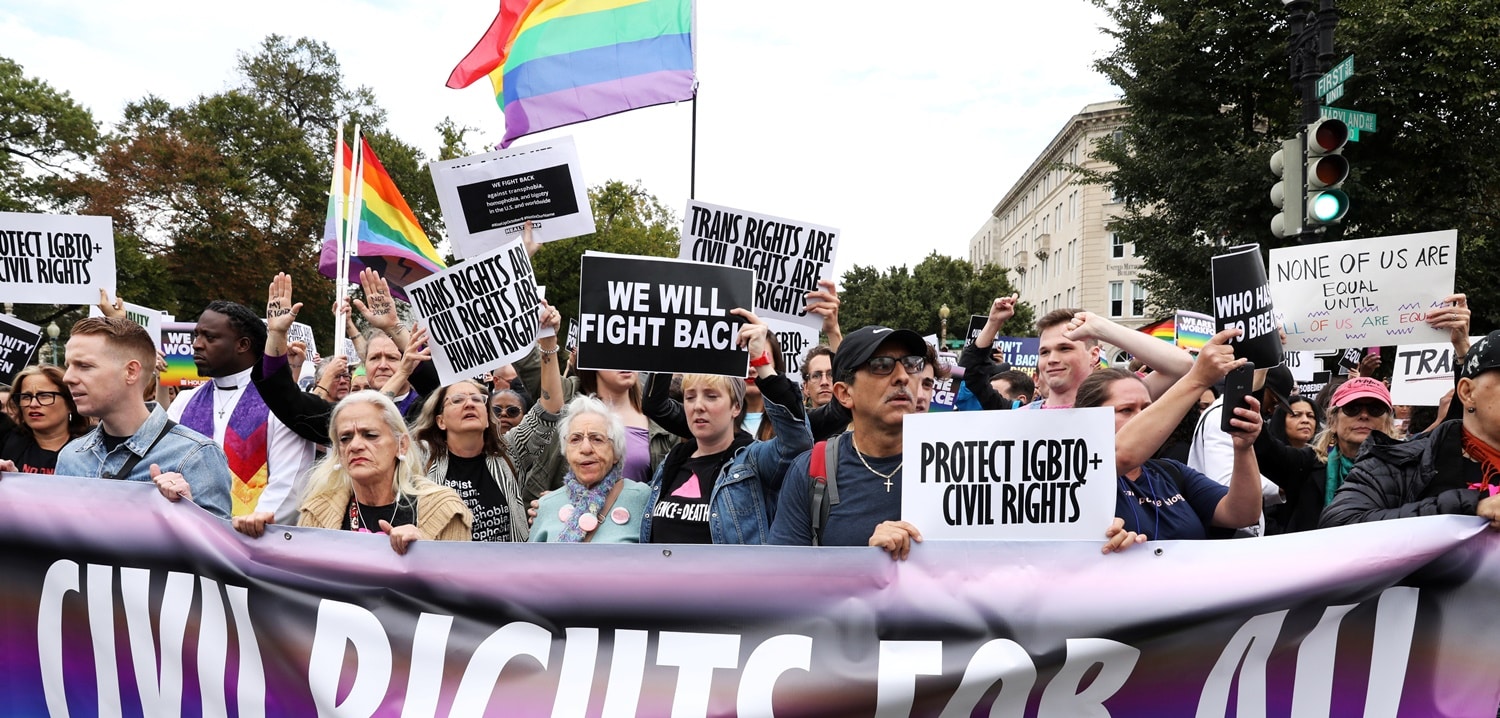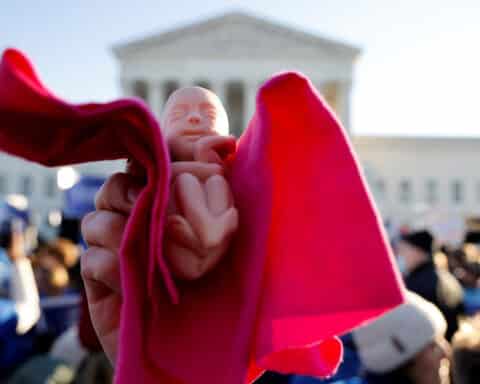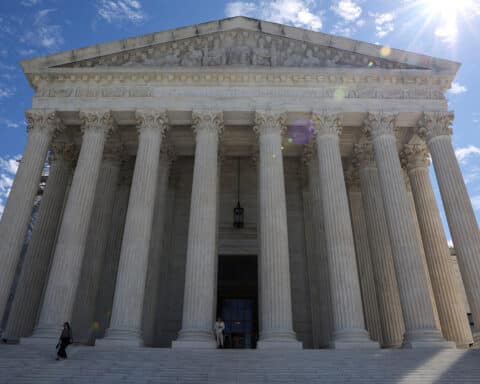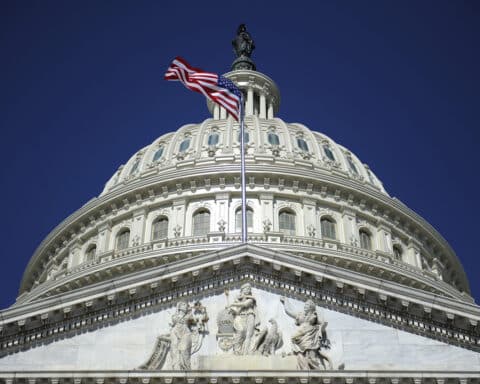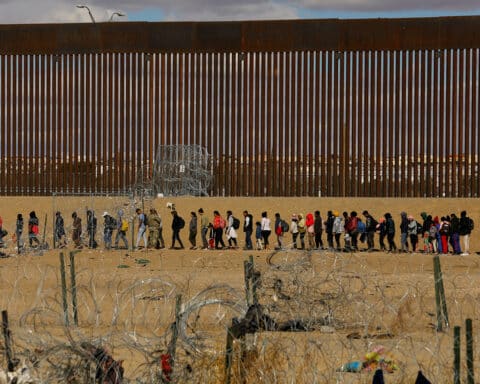In a 6-3 decision whose outcome was opposed in advance by the U.S. Conference of Catholic Bishops and other church groups, the Supreme Court ruled Monday that existing federal law that bans job discrimination based on “sex” includes gay and transgender persons.
An employer who fires an employee “merely for being gay or transgender” violates Title VII of the Civil Rights Act of 1964 according to the majority opinion, written by Justice Neil Gorsuch.
Joining Gorsuch, generally considered one of the court’s conservative members, were Chief Justice John Roberts and Justices Ruth Bader Ginsburg, Stephen Breyer, Sonia Sotomayor and Elena Kagan. Dissenting were Justices Samuel Alito, Clarence Thomas and Brett Kavanaugh.
The Gorsuch opinion specified that a firing would reflect impermissible bias if it were ostensibly based on traits that would not have resulted in the employee’s firing if he or she were not gay or transgender.
The decision covered three consolidated cases one, two of them involving gay men (Bostock v. Clayton County, Georgia and Altitude Express v. Zarda) and one involving a transgender woman (R.G. and G.R. Harris Funeral Homes va. EEOC).
The outcome, which had been strongly urged by LGBTQ groups, was opposed in friend-of-the-court briefs by the USCCB and other religious organizations. The USCCB argued that in the years since Title VII’s enactment, Congress had “repeatedly and consistently” refused to extend its understanding of “sex” in this manner. “It is not the proper role of courts to read into the law what … it does not cover,” the brief said.
Doing so, the brief further warned, would “create conflicts with many religious believers and their institutions,” thereby adversely affecting the ability of schools and charities to hire and retain employees who “accept or at least do not contradict” the sponsoring group’s religious message.
The USCCB brief said expanding the law along the lines sought would “easily migrate to areas of law beyond the workplace, creating innumerable conflicts with religious liberty.”
“A holding that ‘sex’ means ‘sexual orientation’ would entangle this court and lower courts in a constitutional thicket for years to come,” the brief warned. The Supreme Court, it appears, has now plunged headlong into the thicket.
The court’s decision has no bearing on the case of two Los Angeles parochial school teachers who allege that their firing on grounds unrelated to LGBT issues involved job discrimination. The central question there is whether parochial school teachers are “ministers” as the schools contend and therefore not covered by workplace discrimination laws. The Los Angeles case was argued before the Supreme Court on May 15, with a decision expected before the court winds up its current term later this month or early in July.
Russell Shaw is a contributing editor for Our Sunday Visitor.

